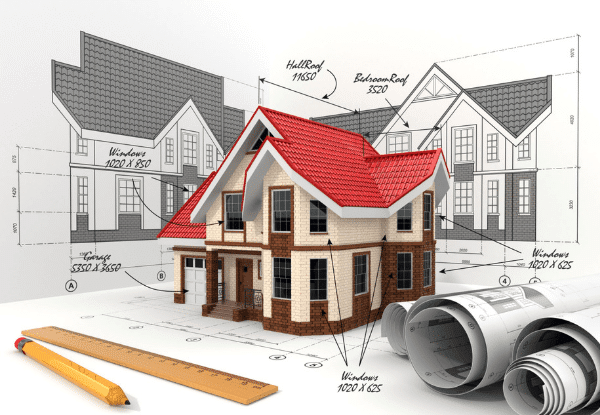Budgeting for renovations

Budgeting for home improvements can be a challenging but rewarding endeavor. It requires careful planning, a realistic assessment of costs, and strategic prioritization to ensure that your investments not only enhance the value of your home but also bring you joy and utility.
This guide provides comprehensive insights into managing your finances effectively when planning for any upgrade or renovation project. By focusing on realistic budgeting, you can avoid common pitfalls and make your dream home a reality without breaking the bank.
The Importance of Planning Ahead
Before embarking on any renovation project, it's crucial to have a clear understanding of your goals and priorities. Detailing what you want to achieve with the upgrade can guide you in budget allocation and decision-making.
Research is vital. Familiarize yourself with the average costs of the upgrades you're considering. Knowing the market rates can help you in negotiating with contractors and in making informed choices.
Always anticipate unforeseen expenses. Adding a contingency of around 10-20% to your overall budget can save you from stress and financial strain down the line.
Finally, consider the timeline. Some renovations can take longer than expected, potentially affecting your living situation and costs.
Understanding Your Financing Options
There are multiple ways to finance your home improvement projects. Savings is the most straightforward method, but loans or financing options like home equity loans or personal loans can also be explored.
Evaluate the pros and cons of each financing option. While loans can help you start your project sooner, interest rates and terms can vary significantly.
For smaller projects, consider zero or low-interest credit cards. They can be a smart choice if you can repay the balance before the interest rate increases.
Setting Your Budget Realistically
Determining your budget begins with understanding your finances. Review your income, savings, and expenses thoroughly to set a feasible budget for your renovation.
It's important to prioritize projects that increase the value of your home or significantly improve your quality of life. Investing in these areas can offer better returns in the long run.
Be specific with your budgeting. Break down costs by project segments, factoring in materials, labor, permits, and any other anticipated expense.
Consult with multiple contractors to get realistic estimates. It's also wise to review portfolios and check references to ensure quality work within your budget.
Don't forget to include the cost of temporary accommodations if your home becomes uninhabitable during the renovation.
The Role of Professionals
While DIY projects can save money, some renovations require professional expertise. Structural changes, electrical work, and plumbing should often be left to licensed professionals.
Hiring an architect or interior designer can also bring value, especially for complex projects. They can help in maximizing space, ensuring the structural integrity of your design, and selecting cost-effective materials.
Ensure your contractors are licensed and insured. This protects you against liability and ensures the work meets local building codes.
Making Smart Choices
Opt for renovations that offer the best long-term value. Kitchens and bathrooms typically offer high returns on investment.
Consider energy-efficient upgrades. They can reduce your utility bills and may qualify for tax credits or rebates.
Reuse and repurpose materials when possible. This can significantly reduce your project's cost and environmental impact.
Monitoring Your Budget During the Renovation
Keep a close eye on spending throughout the project. Regularly compare actual expenses against your budget to prevent overspending.
Communicate frequently with your contractors about the budget. This ensures that everyone is aligned and can help in identifying potential savings.
Be prepared to adjust. If unexpected issues arise, review and adjust your budget and project plans accordingly.
Planning for the Future
Once your project is complete, it's helpful to reflect on the process. Consider what went well and what could be improved for future projects.
Continue to save for home improvements. Regularly setting aside a small amount can build a fund for future projects or maintenance needs.
Budgeting effectively for renovations requires foresight, discipline, and flexibility. By planning thoroughly, understanding your financing options, and making informed decisions, you can enhance your home's value and functionality within your budget. Remember that the key to successful renovation budgeting lies in diligent preparation, a realistic approach to spending, and strategic investment in your home's future.

Related